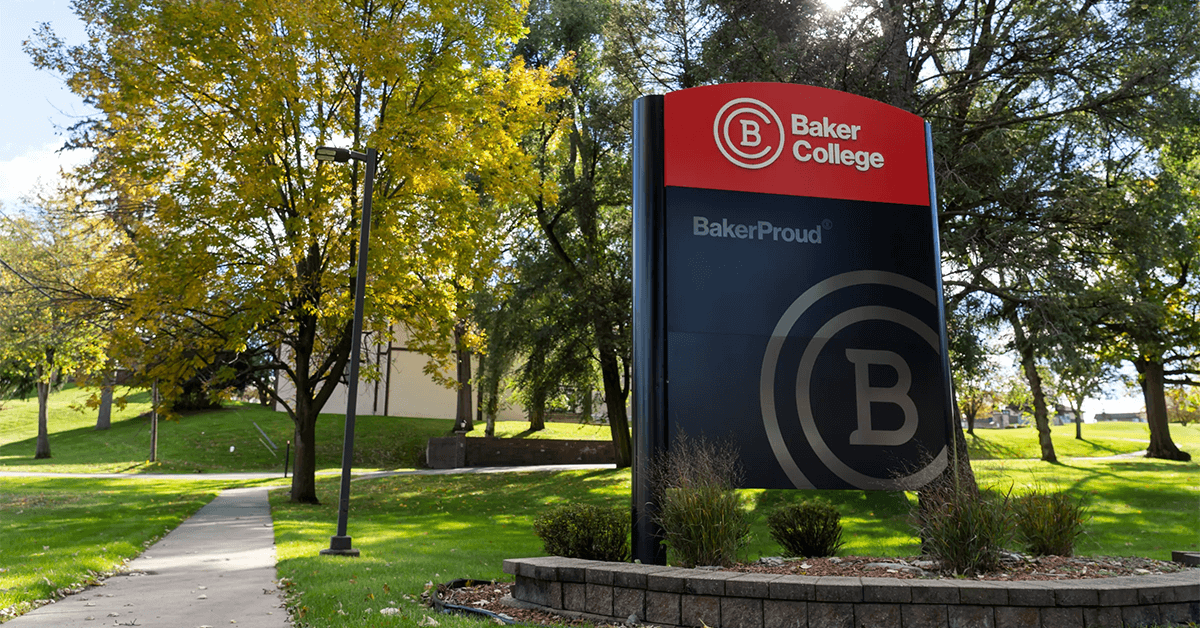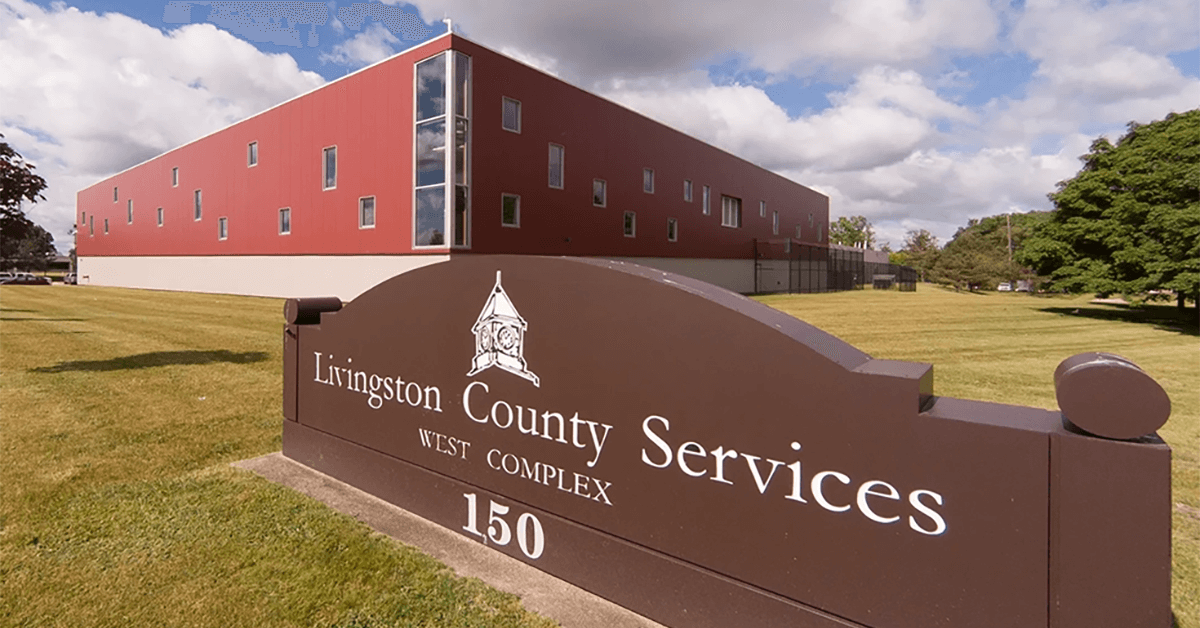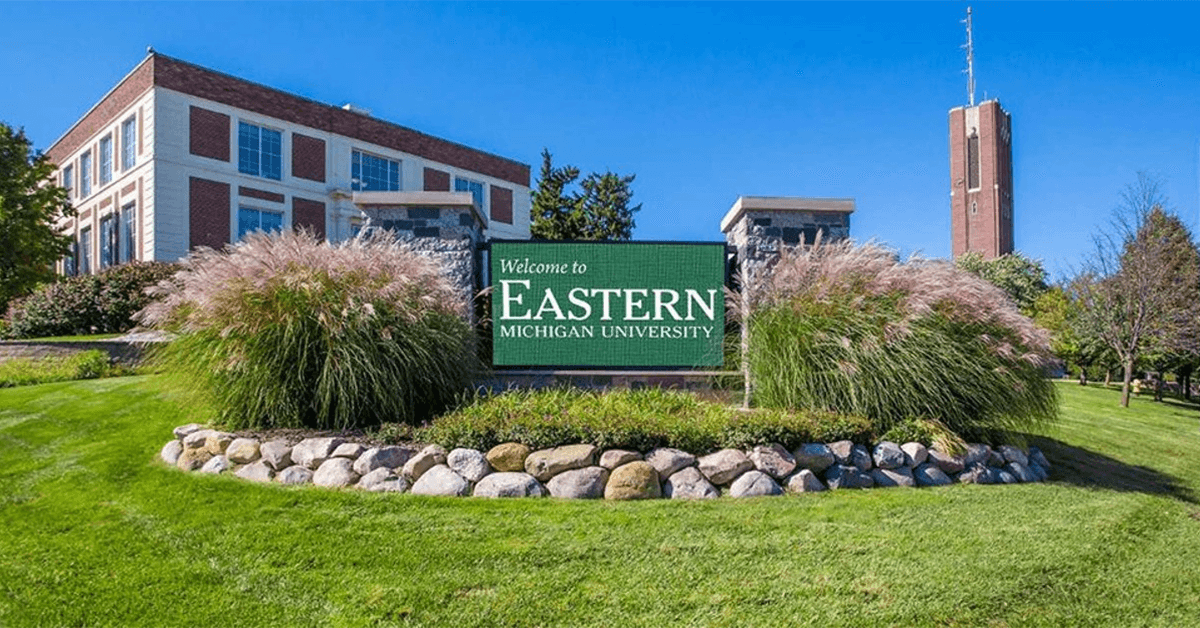Baker College Launches New Cannabis Certificate Programs in Partnership with Green Flower

Baker College is expanding its curriculum to include the burgeoning field of cannabis by introducing three new certificate programs aimed at equipping individuals with the skills necessary for a career in the cannabis industry. This initiative comes as Michigan's cannabis market experiences significant growth, with over $3 billion in sales from both adult-use and medical cannabis products in 2023, averaging $305 per capita—the highest in the nation. Recognizing the increasing demand for skilled workers in this sector, Baker College has partnered with Green Flower, a leading provider of cannabis education, to offer specialized training in areas such as advanced dispensary operations, cannabis manufacturing, and cultivation.
Dr. Jacqui Spicer, President and CEO of Baker College, expressed the institution's dedication to fostering career advancement in various fields across Michigan. "By launching these non-credit programs for Continuing Education, we're addressing the need for professional development and lifelong learning opportunities in the cannabis industry. Our collaboration with Green Flower ensures our students receive the highest quality education and training, preparing them for success in this rapidly expanding market," Spicer commented.
The certificate programs, which can be completed in just nine weeks, are delivered entirely online, providing flexible learning options for students. Registration is currently open, and Baker College is offering an introductory discount of $150 on classes with the promotional code BAKERFIRST until June 17th. Graduates of these programs will also gain access to Green Flower's extensive network of employers in the cannabis industry.
Daniel Kalef, Chief Growth Officer at Green Flower, lauded the partnership with Baker College, highlighting the college's innovative approach to education and commitment to making learning accessible. "As the cannabis industry continues to flourish in Michigan, our training programs are specifically designed to fill the gap for competent professionals in key areas like retail, extraction, cultivation, and product development. We're committed to providing students with comprehensive training in material handling, quality control, and patient care, among other skills, to support the industry's sustainable growth and ensure a well-prepared workforce for Michigan's cannabis future," Kalef said.
Livingston County Receives Funding for Cannabis Education and Outreach

The Livingston County Board of Commissioners recently endorsed a resolution to utilize grant funds in support of the Health Department's ongoing efforts to provide educational and outreach initiatives centered around medical cannabis. This financial backing is part of a broader appropriation by the Michigan Legislature, dedicating a total of $3 million to "Marihuana Operation and Oversight Grants." These grants are distributed among Michigan counties to foster educational and outreach endeavors pertinent to the state's medical cannabis and adult-use cannabis programs.
The specific allocation for each county is detailed on the website of the Department of Licensing and Regulatory Affairs' Cannabis Regulatory Agency, with Livingston County receiving an allocation of $55,573. The determination of grant amounts is influenced by the ratio of registry identification cards issued or renewed within each county as of September 30th, 2023.
Matt Bolang, the Health Director of the Livingston County Health Department (LCHD), elaborated on the objectives of these funds. According to Bolang, the primary aim is to cultivate messaging campaigns that bolster awareness and understanding concerning the responsible use of cannabis. This includes highlighting the risks associated with misuse or underage consumption and emphasizing the criticality of secure storage practices.
Addressing some common misunderstandings about the grant's purpose, Bolang clarified, "The funds are essentially earmarked for elucidating the risks associated with cannabis consumption, promoting safe storage methods, and preventing access by minors."
Furthermore, the LCHD plans to collaborate with Washtenaw County to explore efficient strategies for disseminating educational content to the community. Reflecting on the history of the grant, Bolang remarked, "This marks roughly our fifth year of benefitting from this funding source. Community members might recall the billboards along the highways in recent years, addressing chronic usage and the health implications linked to cannabis. Our intention is to continue with similar informational initiatives."
Detroit Woman High on Cannabis Makes Dangerous Exit on Freeway

In a startling incident on Detroit's I-96 near the I-94 interchange, a woman under the influence of cannabis made a perilous exit from a moving rideshare vehicle due to a panic attack, Michigan State Police report. The event unfolded late Sunday afternoon, around 4:45 p.m., on March 24th, prompting calls from concerned motorists to the Detroit Regional Communication Center about a pedestrian involved in a traffic incident on the interstate.
Initially, the situation escalated when reports suggested a possible kidnapping, triggered by the 31-year-old Detroit resident's sudden leap from the vehicle. Witnesses described seeing the woman exit the car from the left lane of I-96. Shortly thereafter, the driver of the rideshare vehicle contacted authorities, explaining that the woman had become distressed over the route to downtown Detroit, opting to jump from the car in her alarm.
The woman was subsequently transported to a local hospital, where she was found to be alert and stable. Upon further investigation, it was revealed by state police that her anxiety spiked upon seeing a sign for Port Huron, leading her to mistakenly believe she was being taken in the wrong direction, further heightened by her impairment from cannabis use.
State Police Lieutenant Mike Shaw commented on the incident, noting the woman's fortunate escape from serious injury. He emphasized the dangers of such actions and the critical situation she placed herself in.
Following a thorough review, authorities have decided to conclude the kidnapping investigation as unfounded, and the woman has since been reunited with her family. The incident serves as a stark reminder of the unforeseen risks associated with substance use in certain situations.
Pioneering Cannabis Education at Eastern Michigan University This Fall

Eastern Michigan University (EMU) is set to introduce two pioneering courses in its fall semester curriculum, aimed at providing comprehensive insight into the burgeoning cannabis industry. The initiative reflects the university's commitment to offering educational programs that align with evolving industry trends and societal discussions.
The first course, titled "URP 479: Canna-planning: Marijuana Legalization and Land-Use in Michigan," delves into a variety of topics crucial to understanding the cannabis sector. These include the history of cannabis prohibition, the impact of the war on drugs, nuances of rural and urban cultivation practices, and the intricate dynamics of legal sales regulation and taxation. Dr. RJ Koscielniak, an assistant professor in the Department of Geography and Geology at EMU, emphasized the uniqueness of this offering, stating, "There isn't another course like this in the United States. No other university is teaching this material and asking these kinds of questions with their students." This course aims to equip students with a deep understanding of local and state cannabis legislation, preparing them to navigate and contribute to the industry effectively.
In the fiscal year 2023, Michigan's licensed cannabis dispensaries reported unprecedented sales, totaling $3.06 billion—a 25% increase from the previous year. This surge in sales, boosted by a 10% excise tax on recreational cannabis, is expected to contribute over $274 million to local governments, educational institutions, and infrastructure projects, showcasing the significant economic impact of the cannabis industry in the state.
Dr. Koscielniak also noted the transformative effects of cannabis legalization on various Michigan communities, acknowledging both positive and negative outcomes. The course aims to foster a balanced discussion on ensuring that the benefits of legalization are equitably distributed.
The second course on offer, focusing on the chemistry of cannabis, aims to unravel the scientific processes underlying the production of cannabis products. Led by Dr. Harriet Lindsay, professor and interim department head of chemistry, this course will cover the extraction of plant sources to isolate terpenes, cannabinoids (including CBD), and Tetrahydrocannabinol (THC). Dr. Lindsay highlighted the growing importance of understanding the science behind cannabis, especially in light of the expanding legalization across the United States. The course will address how cannabis products are manufactured, tested for regulatory compliance, and their interaction with consumers.
These innovative courses at EMU underscore the institution's proactive approach to integrating relevant, cutting-edge topics into its academic offerings, catering to the interests and needs of students while addressing the broader implications of the cannabis industry's expansion.
Reducing Drug Overdose Deaths through Cannabis Donations

Recent research published in the Harm Reduction Journal highlights the benefits of providing free cannabis through harm reduction organizations as a means to decrease drug overdose deaths and enhance the quality of life for users. This groundbreaking study, based on a cannabis donation program in a rural area of Michigan, represents the first documented instance of such a practice in the United States. Researchers suggest that with supportive state laws, this harm reduction approach has the potential for sustainability.
The study underscores the challenges posed by current regulations surrounding cannabis distribution but acknowledges the significant benefits recognized by harm reduction staff. These benefits include a reduction in premature deaths, improved quality of life, moderation of pain, better recovery outcomes, and increased safety for both clients and the community.
During the study period, from September 2021 to May 2023, ten individuals with previous cannabis experience received weekly donations of cannabis. The recipients, selected by clinical staff based on their interest and suitability, reported various positive outcomes.
One notable case involved a person over 50 who underwent a significant neck surgery but managed to abstain from alcohol during recovery, thanks to the cannabis products received from the program. Another case involved a pregnant woman in her 20s, homeless and dependent on methamphetamine and opioids, who reported a reduction in her use of these substances with the help of donated cannabis products and support from harm reduction staff.
The research also delves into the types and scale of cannabis products donated, with findings indicating that while flower products are predominant in sales, donations mainly consist of edibles, oils, and topicals. The study reveals that the cost of donations is a minimal fraction of total gross sales for the donating cannabis companies, suggesting the economic feasibility of such programs.
Authored by researchers from RTI International, Rutgers University School of Social Work, and San Francisco General Hospital, the study calls for further research to fully understand the implications, legal frameworks, and best practices for cannabis donation as a harm reduction strategy. The ongoing crisis of overdose deaths, largely driven by illicitly produced synthetic substances, underscores the urgency of exploring all potential harm reduction tools, including the safe use of psychoactive substances like cannabis.
This initial inquiry into cannabis donation programs not only demonstrates their practicality but also lays the groundwork for future studies aimed at evaluating their impact on public health, individual well-being, and community safety.
Police Issue Warnings as Cannabis Consumption Lounges Open in Michigan

With the burgeoning cannabis industry in Michigan, the advent of consumption lounges has introduced a new dynamic where patrons can legally consume cannabis products on the premises. This development prompts a vital message from law enforcement to motorists: prioritize safety and legality when driving. The illegal and perilous nature of driving under the influence of cannabis is underscored by police, who vow to diligently enforce laws against impaired driving.
Consumption lounges represent an emerging facet of Michigan's cannabis landscape, following the legalization of recreational cannabis use in 2018. These lounges are designated areas where individuals can purchase and consume cannabis in various forms, including smoking, edibles, and vaping, within a social and relaxed environment. This is in contrast to dispensaries, which only permit the purchase of cannabis products for off-site consumption.
The Michigan Marijuana Regulatory Agency notes the existence of three officially licensed consumption lounges within the state, located in Hazel Park, Kalamazoo, and Ann Arbor. With the cannabis industry's growth, more lounges are anticipated to open, fulfilling a demand for spaces where cannabis can be consumed legally and safely, especially for those unable to do so at home or in public places.
The introduction of consumption lounges, however, raises concerns for law enforcement officials who fear an uptick in cannabis-impaired driving incidents. Cannabis is known to affect reaction times, coordination, judgment, and perception, all critical faculties for safe driving. Additionally, the combined effects of cannabis with alcohol or prescription medications can significantly impair a driver's capabilities.
Law enforcement agencies emphasize the legal repercussions of driving under the influence of cannabis, which range from fines and license suspension to imprisonment and, in severe cases, death. Police are equipped with various methodologies, including field sobriety tests, drug recognition expertise, and blood analysis, to detect and apprehend impaired drivers.
The responsibility of using marijuana consumption lounges safely extends to both patrons and owners. Law enforcement advises patrons to arrange for safe transportation alternatives post-consumption, such as public transport, taxis, rideshares, or a designated sober driver. Education on the impacts and legalities of cannabis use is also encouraged. Lounge owners are urged to adhere strictly to legal and licensing obligations, monitoring the consumption within their premises to prevent impaired driving and providing essential information and resources to their customers on safe consumption practices and the consequences of impaired driving.


 Helpful Links
Helpful Links